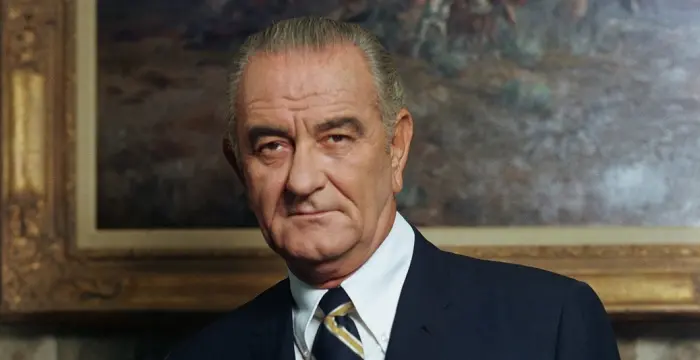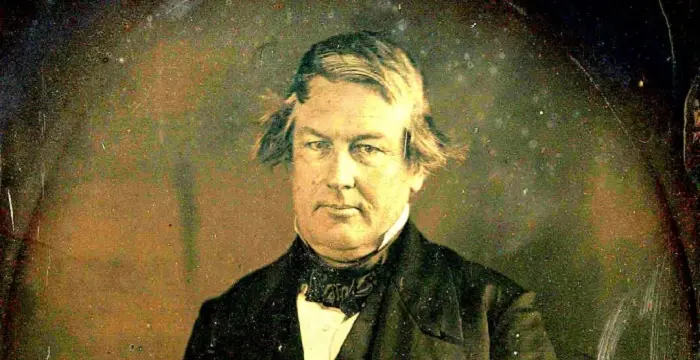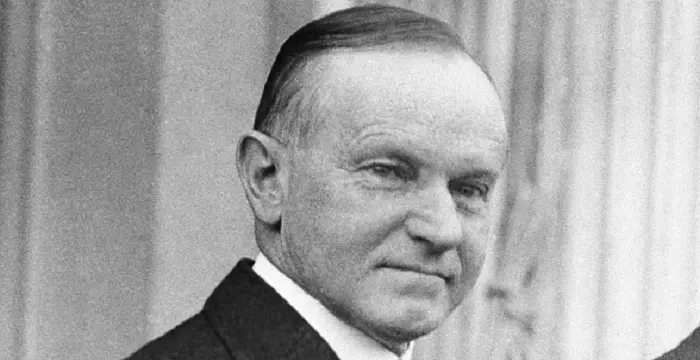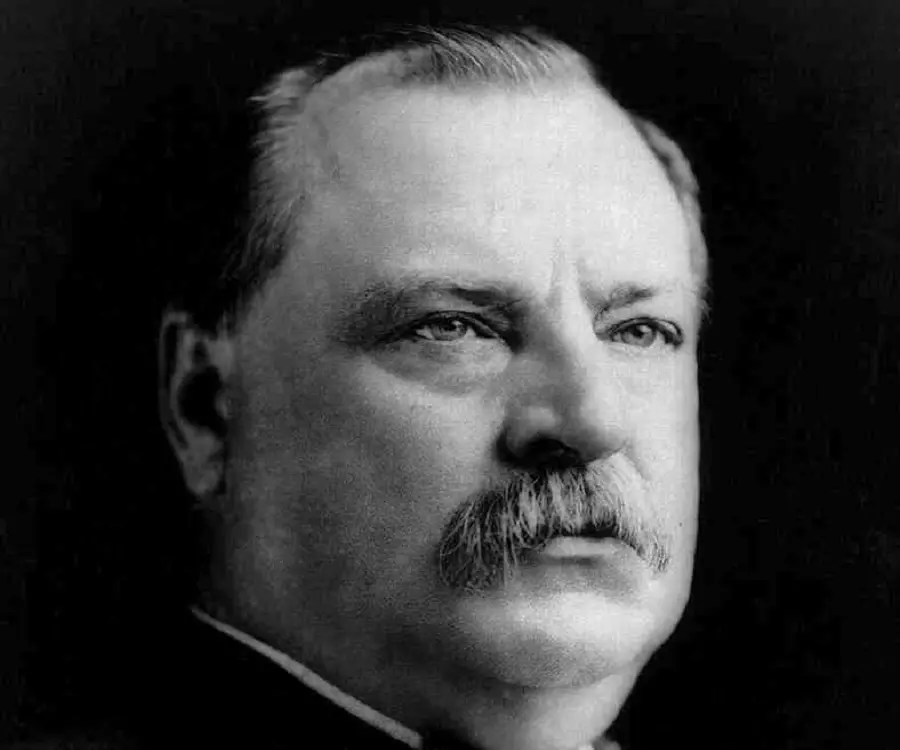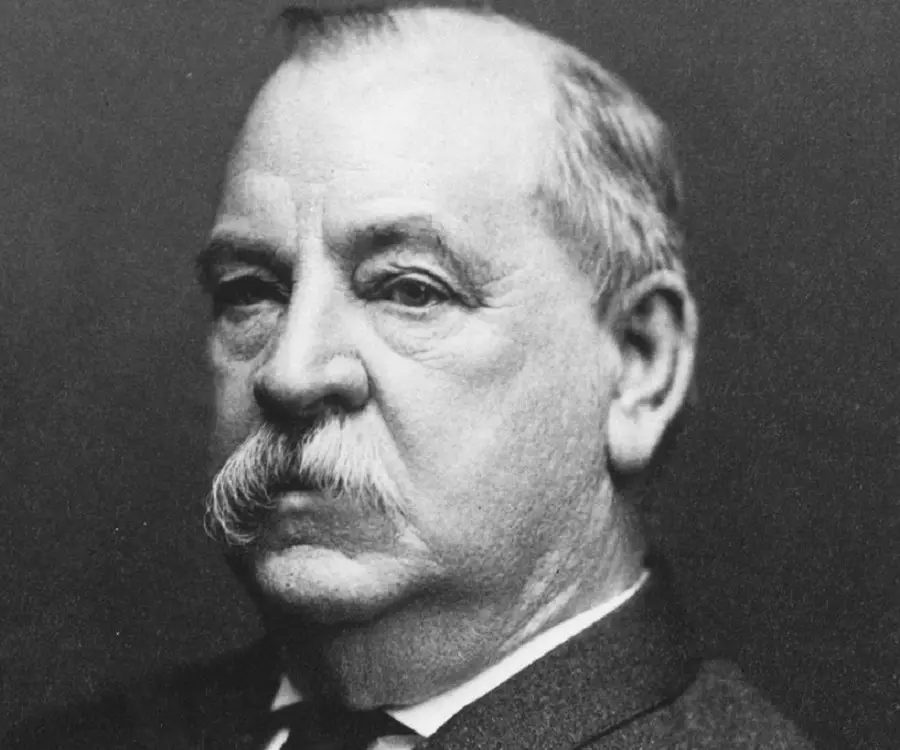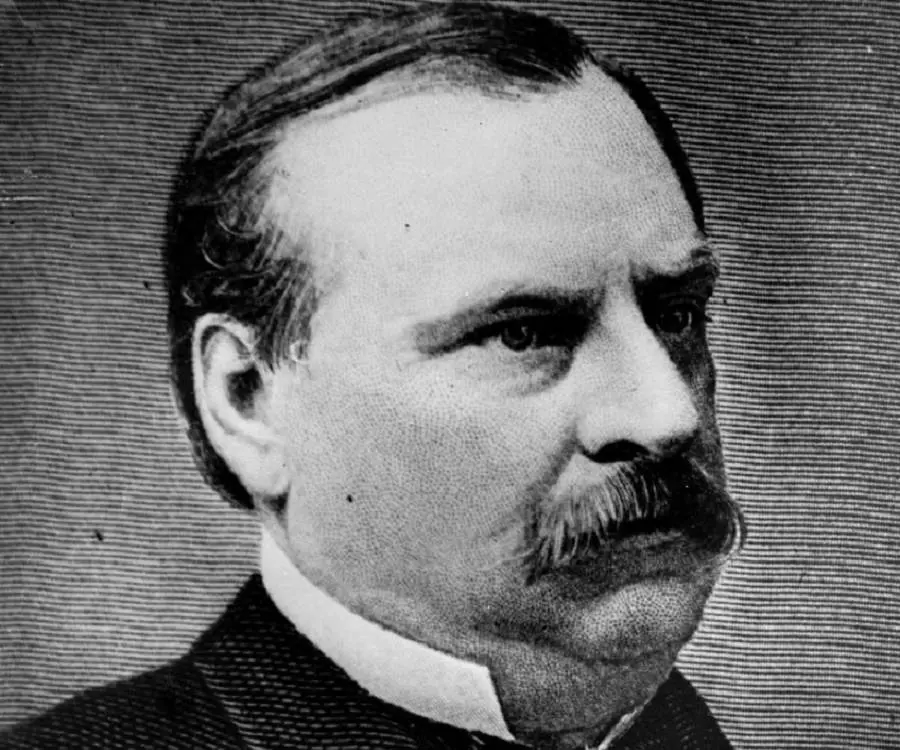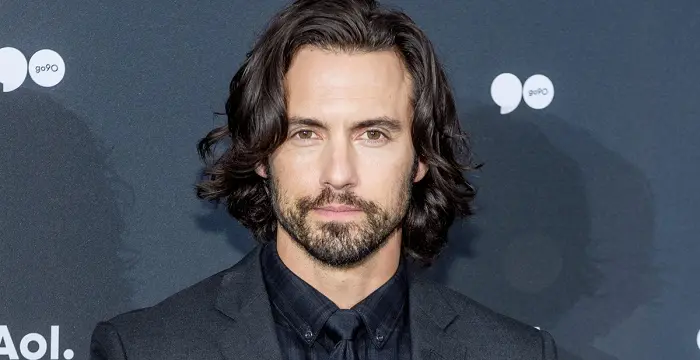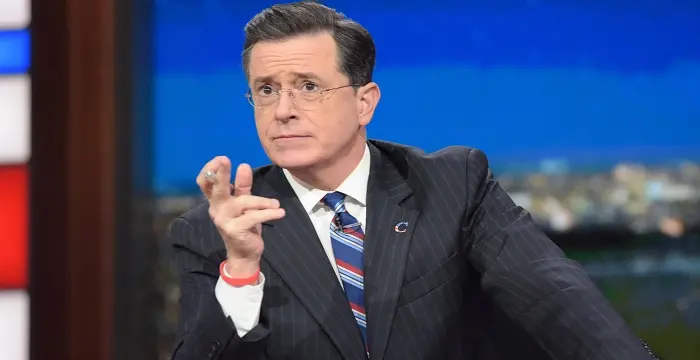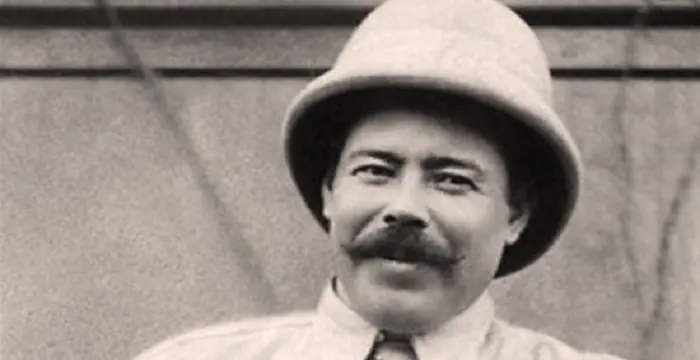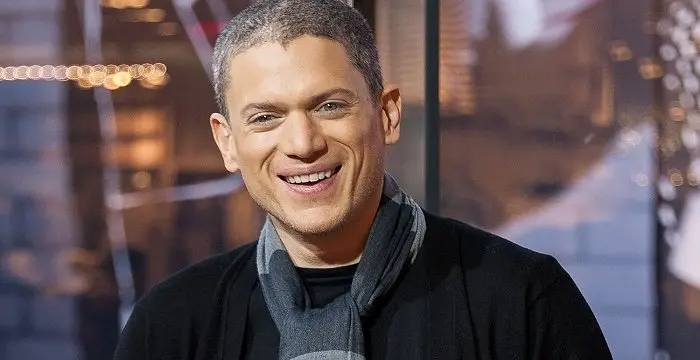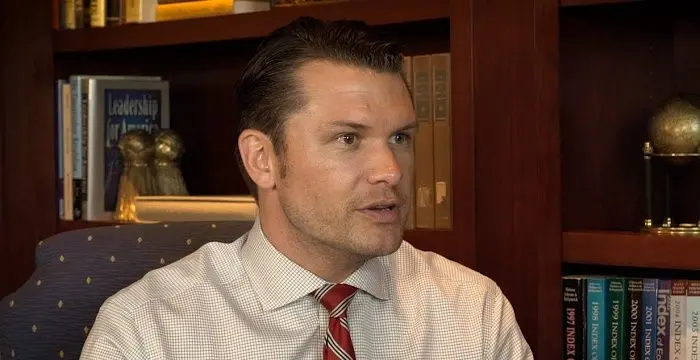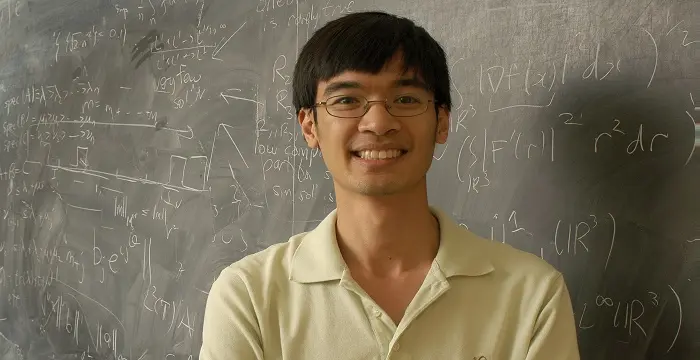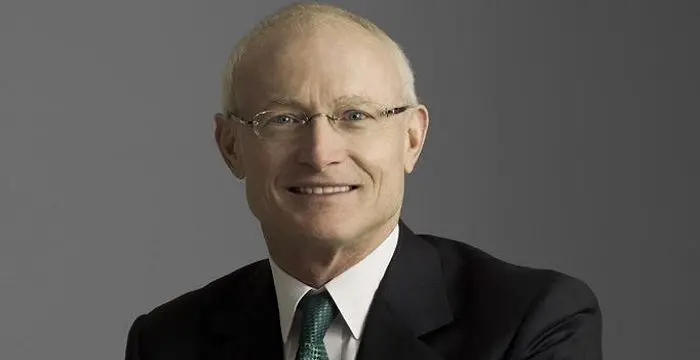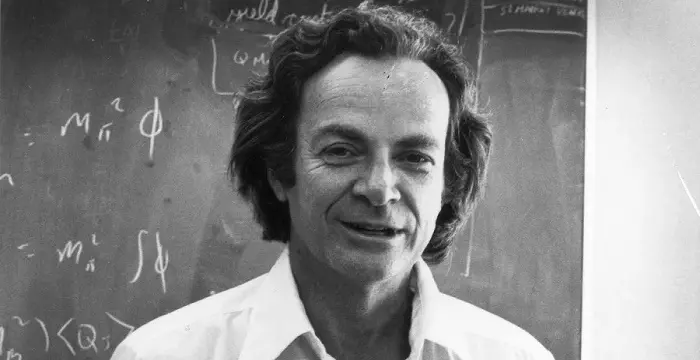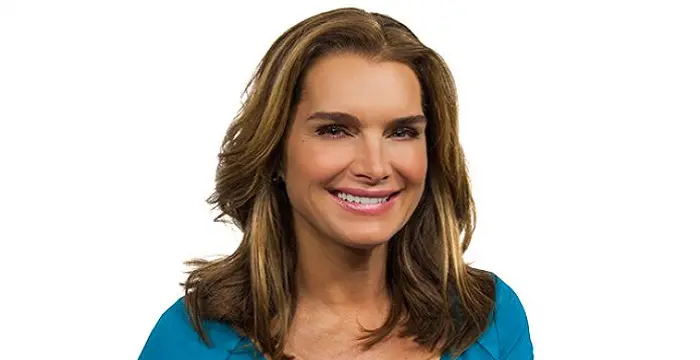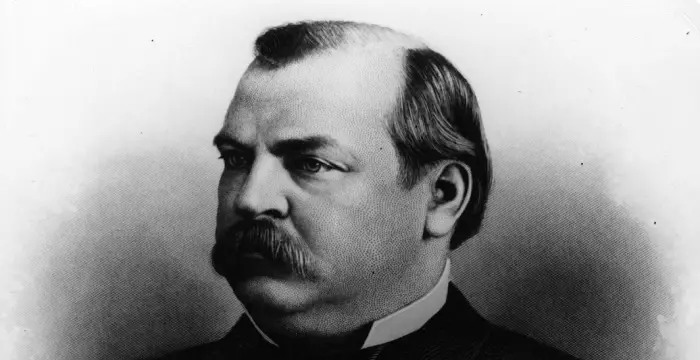
Grover Cleveland - President of the U.s.a, Birthday and Childhood
Grover Cleveland's Personal Details
Grover Cleveland is the only President in American history to serve two non-consecutive terms in office
| Information | Detail |
|---|---|
| Birthday | March 18, 1837 |
| Died on | June 24, 1908 |
| Nationality | American |
| Famous | Democrats, Princeton University, Leaders, Political Leaders, Presidents, President of the U.s.a |
| Hobbies | Hunting, Fishing |
| Ideologies | Democrats |
| City/State | New Jersey |
| Spouses | Frances Folsom Cleveland Preston |
| Siblings | Rose Cleveland |
| Known as | Mayor Grover Cleveland |
| Childrens | Esther Cleveland, Ruth Cleveland |
| Universities |
|
| Notable Alumnis |
|
| Founder / Co-Founder |
|
| Birth Place | Caldwell |
| Political Ideology | Political party - Democratic |
| Religion | Presbyterianism |
| Gender | Male |
| Father | Richard Falley Cleveland |
| Mother | Ann Neal Cleveland |
| Sun Sign | Pisces |
| Born in | Caldwell |
| Famous as | President of the U.S.A |
| Died at Age | 71 |
// Famous President of the U.s.a
Lyndon B. Johnson
Lyndon Johnson was the 36th President of the United States. This biography of Lyndon Johnson provides detailed information about his childhood, life, achievements, works & timeline
Millard Fillmore
Millard Fillmore was the President of the United States from 1850-53. This biography of Millard Fillmore provides detailed information about his childhood, life, achievements, works & timeline
Calvin Coolidge
Calvin Coolidge was a Republican politician who served as the 30th President of the United States. This biography of Calvin Coolidge provides detailed information about his childhood, life, achievements, works & timeline
Grover Cleveland's photo
Who is Grover Cleveland?
Grover Cleveland, the 22nd and 24th President of the United States, is the only President in American history to serve two non-consecutive terms in office. A Democrat, he became the president in an era when American politics was dominated by Republican political ideals. He was a man who possessed strong character and moral values and was considered to be a political reformer even though he was not viewed as an original thinker. He was steadfast in his fight against corruption and was totally committed to the principles of classical liberalism. Grover Cleveland rose from a difficult and poverty stricken childhood to become one of the most respected Presidents of the United States. Having lost his father at a young age, he was forced to abandon his studies and started working to support his family. He struggled throughout his youth and eventually became a lawyer with the help of a relative. Then he entered politics and served as the Governor of New York before running for presidency. He became the president for the first time in 1885 and lost the re-election in 1889 to Benjamin Harrison. Cleveland again ran for presidency in 1893, won the election and was made the president for his second, non-consecutive term
// Famous Political Leaders
Edi Rama
Edi Rama is the current Prime Minister of Albania. Check out this biography to know about his childhood, life, achievements, works & timeline.
Khalifa bin Zayed Al Nahyan
Sheikh Khalifa bin Zayed Al Nahyan is the current President of the United Arab Emirates (UAE). Check out this biography to know about his birthday, childhood, family life, achievements and fun facts about him.
Leo Varadkar
Cam Leo Varadkar is the current Taoiseach—the Prime Minister—of the Republic of Ireland. Check out this biography to know about his childhood, family life, achievements and other facts about his life.
Childhood & Early Life
Stephen Grover Cleveland was born on March 18, 1837, to Richard Falley Cleveland and Ann Neal Cleveland in Caldwell, New Jersey. His father was a Presbyterian minister. He had eight siblings. He grew up in poverty as his father’s income was insufficient to provide for the large family.
He received his elementary education at the Fayetteville Academy and the Clinton Liberal Academy. The death of his father in 1853 plunged the family into financial crisis and Grover was forced to drop out of school and take up a job to help his mother and siblings.
He moved to New York where he found a clerical job with the help of an uncle, Lewis W. Allen. His uncle introduced the young man to some prominent lawyers and eventually Grover began studying law. He was admitted to the bar in 1859.
Career
He worked in a law firm for a few years before quitting his job to start his own practice in 1862. In January 1863, he was appointed assistant district attorney of Erie County. He became a popular lawyer known for his hard work and determination.
He eventually entered politics and aligned himself with the Democratic Party. He successfully ran for Mayor of Buffalo in 1881 and assumed office on January 2, 1882. In this position he worked hard to fight government corruption in order to safeguard public funds.
His success as the mayor made the New York Democratic party officials consider Cleveland as a possible nominee for governor. He easily won the elections and was made the Governor of New York in January 1883. He was opposed to unnecessary government spending and vetoed eight bills sent by the legislature in his first two months in office.
In 1884 the Democrats were seeking a presidential candidate who would contrast sharply with the Republican nominee, James G. Blaine. Blaine was notorious for his dishonesty and lack of principles. Grover Cleveland, with his untarnished reputation as an honest person with strong moral values came across as the perfect Democratic nominee. Cleveland narrowly won the presidential elections.
He assumed office as the 22nd President of the United States on March 4, 1885. During his tenure, he implemented several measures to curb corruption and enacted many reformative laws including the Interstate Commerce Act (1887), which established the Interstate Commerce Commission, and the Dawes General Allotment Act (1887), which redistributed Indian reservation land to individual tribe members.
He stood for re-election in 1888 against the Republican nominee Benjamin Harrison. The Republicans campaigned aggressively this time while the Democrats’ campaign was poorly managed. Ultimately, Harrison won and Cleveland stepped down as the president in 1889.
After leaving the White House he resumed his career as a lawyer and took up a job with a prominent law firm. By the early 1890s it became clear that Harrison’s Republican government was growing increasingly unpopular and Cleveland decided to contest the next presidential election.
He became the Democratic nominee in the 1892 presidential election against the incumbent Harrison. The election proved to be a somber affair as Harrison’s wife, who very ill during the campaigning, died just days before the election. Cleveland won the election by wide margins.
Grover Cleveland began his second presidential term on March 4, 1893. His second term was more difficult than the first one, marked by acute economic depression, labor unrest issues, and the infamous Pullman Strike. He also suffered from bouts of ill health during this term. He retired as the president on March 4, 1897.
Major Works
As the president Grover Cleveland became well known for his reforms. One of the significant measures enacted by the government during Cleveland’s tenure was the enactment of the Interstate Commerce Act of 1887 which established the Interstate Commerce Commission (ICC) to ensure fair rates, to eliminate rate discrimination, and to regulate other aspects of common carriers.
Personal Life & Legacy
Grover Cleveland was a bachelor when he first became the president and became the first president to be married in the White House. In 1886, he married Frances Folsom, the daughter of his deceased friend, Oscar Folsom. Frances was 27 years his junior and just 21 at the time of their marriage. This marriage produced five children.
He died of a heart attack on June 24, 1908, at the age of 71. Years ago, he had been diagnosed with a cancerous tumor in his jaw which was successfully treated.
The Grover Cleveland Middle School in New Jersey and Grover Cleveland High School in New York are named for him. The Cleveland Park is also named in his honor.
Trivia
He was the first U.S. President who was filmed.
// Famous Democrats
Milo Ventimiglia
Milo Ventimiglia is an American actor who became famous for his role as Peter Petrelli on the NBC television series Heroes. This biography profiles his childhood, early life, career, major works, awards, personal life, legacy and timeline.
Stephen Colbert
Stephen Colbert is an American comedian and satirist. Read the biography to learn all about his childhood, career, profile and timeline.
Pancho Villa
Pancho Villa is one of the most renowned names of the ‘Mexican Revolution’ who was also the Governor of Chihuahua. This biography provides detailed information about his childhood, profile, career and timeline
Grover Cleveland biography timelines
- // 18th Mar 1837Stephen Grover Cleveland was born on March 18, 1837, to Richard Falley Cleveland and Ann Neal Cleveland in Caldwell, New Jersey. His father was a Presbyterian minister. He had eight siblings. He grew up in poverty as his father’s income was insufficient to provide for the large family.
- // 1853He received his elementary education at the Fayetteville Academy and the Clinton Liberal Academy. The death of his father in 1853 plunged the family into financial crisis and Grover was forced to drop out of school and take up a job to help his mother and siblings.
- // 1859He moved to New York where he found a clerical job with the help of an uncle, Lewis W. Allen. His uncle introduced the young man to some prominent lawyers and eventually Grover began studying law. He was admitted to the bar in 1859.
- // 1862 To Jan 1863He worked in a law firm for a few years before quitting his job to start his own practice in 1862. In January 1863, he was appointed assistant district attorney of Erie County. He became a popular lawyer known for his hard work and determination.
- // 1881 To 2nd Jan 1882He eventually entered politics and aligned himself with the Democratic Party. He successfully ran for Mayor of Buffalo in 1881 and assumed office on January 2, 1882. In this position he worked hard to fight government corruption in order to safeguard public funds.
- // Jan 1883His success as the mayor made the New York Democratic party officials consider Cleveland as a possible nominee for governor. He easily won the elections and was made the Governor of New York in January 1883. He was opposed to unnecessary government spending and vetoed eight bills sent by the legislature in his first two months in office.
- // 1884In 1884 the Democrats were seeking a presidential candidate who would contrast sharply with the Republican nominee, James G. Blaine. Blaine was notorious for his dishonesty and lack of principles. Grover Cleveland, with his untarnished reputation as an honest person with strong moral values came across as the perfect Democratic nominee. Cleveland narrowly won the presidential elections.
- // 1885He assumed office as the 22nd President of the United States on March 4, 1885. During his tenure, he implemented several measures to curb corruption and enacted many reformative laws including the Interstate Commerce Act (1887), which established the Interstate Commerce Commission, and the Dawes General Allotment Act (1887), which redistributed Indian reservation land to individual tribe members.
- // 1886Grover Cleveland was a bachelor when he first became the president and became the first president to be married in the White House. In 1886, he married Frances Folsom, the daughter of his deceased friend, Oscar Folsom. Frances was 27 years his junior and just 21 at the time of their marriage. This marriage produced five children.
- // 1887As the president Grover Cleveland became well known for his reforms. One of the significant measures enacted by the government during Cleveland’s tenure was the enactment of the Interstate Commerce Act of 1887 which established the Interstate Commerce Commission (ICC) to ensure fair rates, to eliminate rate discrimination, and to regulate other aspects of common carriers.
- // 1888 To 1889He stood for re-election in 1888 against the Republican nominee Benjamin Harrison. The Republicans campaigned aggressively this time while the Democrats’ campaign was poorly managed. Ultimately, Harrison won and Cleveland stepped down as the president in 1889.
- // 1892He became the Democratic nominee in the 1892 presidential election against the incumbent Harrison. The election proved to be a somber affair as Harrison’s wife, who very ill during the campaigning, died just days before the election. Cleveland won the election by wide margins.
- // 4th Mar 1893 To 4th Mar 1897Grover Cleveland began his second presidential term on March 4, 1893. His second term was more difficult than the first one, marked by acute economic depression, labor unrest issues, and the infamous Pullman Strike. He also suffered from bouts of ill health during this term. He retired as the president on March 4, 1897.
- // 24th Jun 1908He died of a heart attack on June 24, 1908, at the age of 71. Years ago, he had been diagnosed with a cancerous tumor in his jaw which was successfully treated.
// Famous Princeton University
Wentworth Miller
Wentworth Miller is an American actor and screenwriter who achieved recognition for his role in the TV series ‘Prison Break’.
Pete Hegseth
Pete Hegseth is a FOX News Channel contributor from America. Check out this biography to know about his childhood, family life, achievements and fun facts about him.
Terence Tao
Terence Tao is an Australian- American mathematician who has contributed enormously to the field of mathematics. Check out this biography to know about his childhood, family life and achievements.
Michael Porter
Michael Porter is an economist, researcher, author, advisor, speaker and teacher. This biography profiles his childhood, career, academic contribution, works, life, achievements and timeline.
Richard Feynman
Richard Feynman was a Nobel Prize winning American physicist who proposed the theory of quantum electrodynamics. To know more about his childhood, career, profile and timeline read on
Brooke Shields
Brooke Shields is an American actress and model. Check out this biography to know about her childhood, life, achievements, works & timeline.
Grover Cleveland's FAQ
What is Grover Cleveland birthday?
Grover Cleveland was born at 1837-03-18
When was Grover Cleveland died?
Grover Cleveland was died at 1908-06-24
Where was Grover Cleveland died?
Grover Cleveland was died in Princeton
Which age was Grover Cleveland died?
Grover Cleveland was died at age 71
Where is Grover Cleveland's birth place?
Grover Cleveland was born in Caldwell
What is Grover Cleveland nationalities?
Grover Cleveland's nationalities is American
What is Grover Cleveland hobbies?
Grover Cleveland's hobbies is Hunting, Fishing
What is Grover Cleveland ideologies?
Grover Cleveland's ideologies is Democrats
Who is Grover Cleveland spouses?
Grover Cleveland's spouses is Frances Folsom Cleveland Preston
Who is Grover Cleveland siblings?
Grover Cleveland's siblings is Rose Cleveland
Who is Grover Cleveland childrens?
Grover Cleveland's childrens is Esther Cleveland, Ruth Cleveland
What was Grover Cleveland universities?
Grover Cleveland studied at Princeton University
What was Grover Cleveland notable alumnis?
Grover Cleveland's notable alumnis is Princeton University
Which company or organization was founded by Grover Cleveland?
Grover Cleveland was the founder/co-founder of Interstate Commerce Commission
What is Grover Cleveland's political ideology?
Grover Cleveland's political ideology is Political party - Democratic
What is Grover Cleveland's religion?
Grover Cleveland's religion is Presbyterianism
Who is Grover Cleveland's father?
Grover Cleveland's father is Richard Falley Cleveland
Who is Grover Cleveland's mother?
Grover Cleveland's mother is Ann Neal Cleveland
What is Grover Cleveland's sun sign?
Grover Cleveland is Pisces
How famous is Grover Cleveland?
Grover Cleveland is famouse as President of the U.S.A
